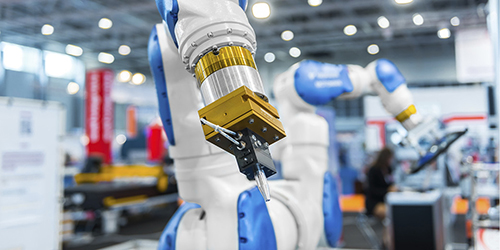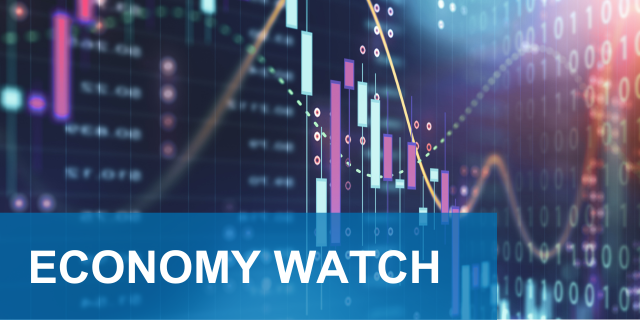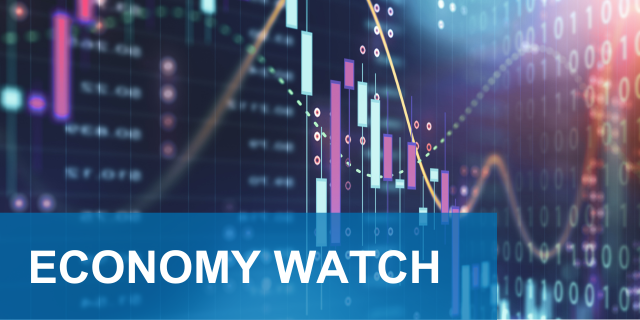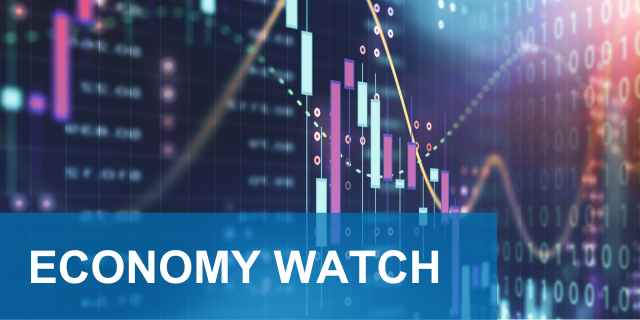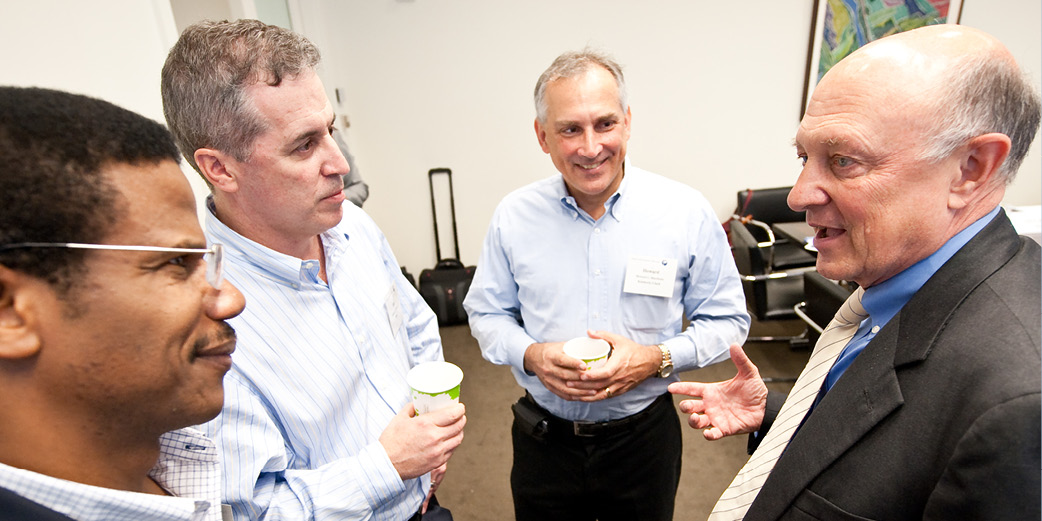Press Release
New Research Pillar on Energy, Infrastructure & Environment
2023-03-01
The Conference Board Launches New Research Pillar Focused on Insights for What’s Ahead in Energy, Infrastructure & Environment
A pandemic grounds megacities to a halt. A war upends global energy security and impacts the transition towards net-zero. Extreme droughts, heatwaves, and floods become the norm across the US and the world. The serial crises of the early 2020s offer a long-term wake-up call: The fate of economies will depend on their capacity to adapt to the multiple challenges of a rapidly changing planet.
To help business leaders make sense of these emerging trends, The Conference Board has launched a new pillar of researchon Energy, Infrastructure & Environment. It brings together in-depth expertise across the full breadth of changes ahead—from cities and transport networks to climate, agriculture, and water supplies.
“In the coming decades, climate change and the transition to renewable energy are set to physically transform how—and where—societies live, work, consume, travel, and trade,” said Dana M Peterson, Chief Economist of The Conference Board. “But the final destination, and pace of the transition, will only emerge through a global process of experimentation, collaboration, and potentially piecemeal progress. Our new Energy, Infrastructure & Environment research pillar offers business leaders, policymakers, and the public a holistic guide to the futures taking shape today—in urban economies, power grids, vital supply chains, environmental protections, and more.”
Led by Senior Economists Alex Heil, PhD and Erin McLaughlin, the program launches with five key focus areas:
- Global Energy Transition: The US and world economies are moving towards net-zero on uncertain timelines. Success will depend on how quickly renewables can become the main source of energy and how rapidly electric vehicles and other technological solutions become the norm. But gaps remain in the reliability and capacity of infrastructure and the electric grid, presenting businesses with challenges on how to manage the path forward.
- The Future of Cities: The COVID-19 pandemic has altered work and the ways in which commercial and residential real estate is utilized. Businesses are facing a new landscape for the recruitment and retention of workers. Cities will have to respond to crime, the desire for amenities, the availability and cost of housing, and opportunities for residents to avoid out-migration.
- The Future of Transport: Transportation demand across the world is growing. While countries like the US are focused on the electrification of business fleets and personal vehicles, developing countries may yet transition into more fossil fuel use. Freight flows depend on increasingly complex and vulnerable supply chains, and businesses continue to grapple with the cost implications of sourcing and locating supplies internationally.
- The Future of Food and Water: Recent climate geopolitical impacts have illustrated the fragility of the global food system. After years of abundance, the world may face a situation in which supplies are becoming scarce. Water resources face increasing pressures, and businesses need to plan for a world of higher prices and uncertainties.
- Business and Environmental Threats: Economic costs from climate change are expected to rise exponentially without drastic decarbonization. Impacts may include output losses, migration due to sea level rise, and business disruption due to floods and heat events. The costs of doing business globally are increasingly uncertain, and likely to rise in the near future.
Insights Available Now
Visit the Energy, Infrastructure & Environment homepage to explore the research program’s inaugural collection of published analysis and on-demand media, including:
- Webcasts:
- Economy Watch: The Inflation Reduction Act and the Green Economy
- Policy Watch: Rebuilding America: Implementing the Bipartisan Infrastructure Law
- Window On: The Future of Cities
- Podcasts:
- CEO Perspectives: The Future of Cities
- Indications: Renewable Sources: The State of Renewable Energy in 2022
- Publications:
- Charge it! Challenges for the Growth of Electric Vehicles in the US
- Freight Labor Unrest Emerging Globally
- What Role Does Nuclear Energy Play in a Net-Zero Future?
- West Coast Port Labor Talks Stall
- Solar's Woes: Without Storage, Solar Is Only a Partial Solution
- US Energy Transition: The Path Toward Net Zero
- Cities in a Postpandemic World: The Five Biggest Issues Cities Are Facing Now
- Is Bigger Always Better? Trends in Cargo Vessel Capacity
- Renewable Sources: What Is the State of Renewable Energy in 2022?
- How Will High Gas Prices Affect US Transportation Choices?
Media Contact: Jonathan.Liu@tcb.org
About The Conference Board
The Conference Board is the member-driven think tank that delivers Trusted Insights for What’s Ahead®. Founded in 1916, we are a non-partisan, not-for-profit entity holding 501 (c) (3) tax-exempt status in the United States. www.conferenceboard.org
For further information contact:
Joseph DiBlasi
781.308.7935
JDiBlasi@tcb.org


